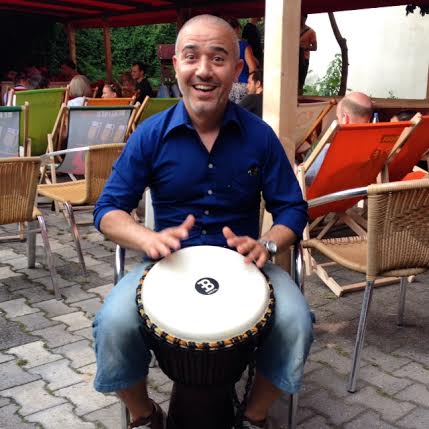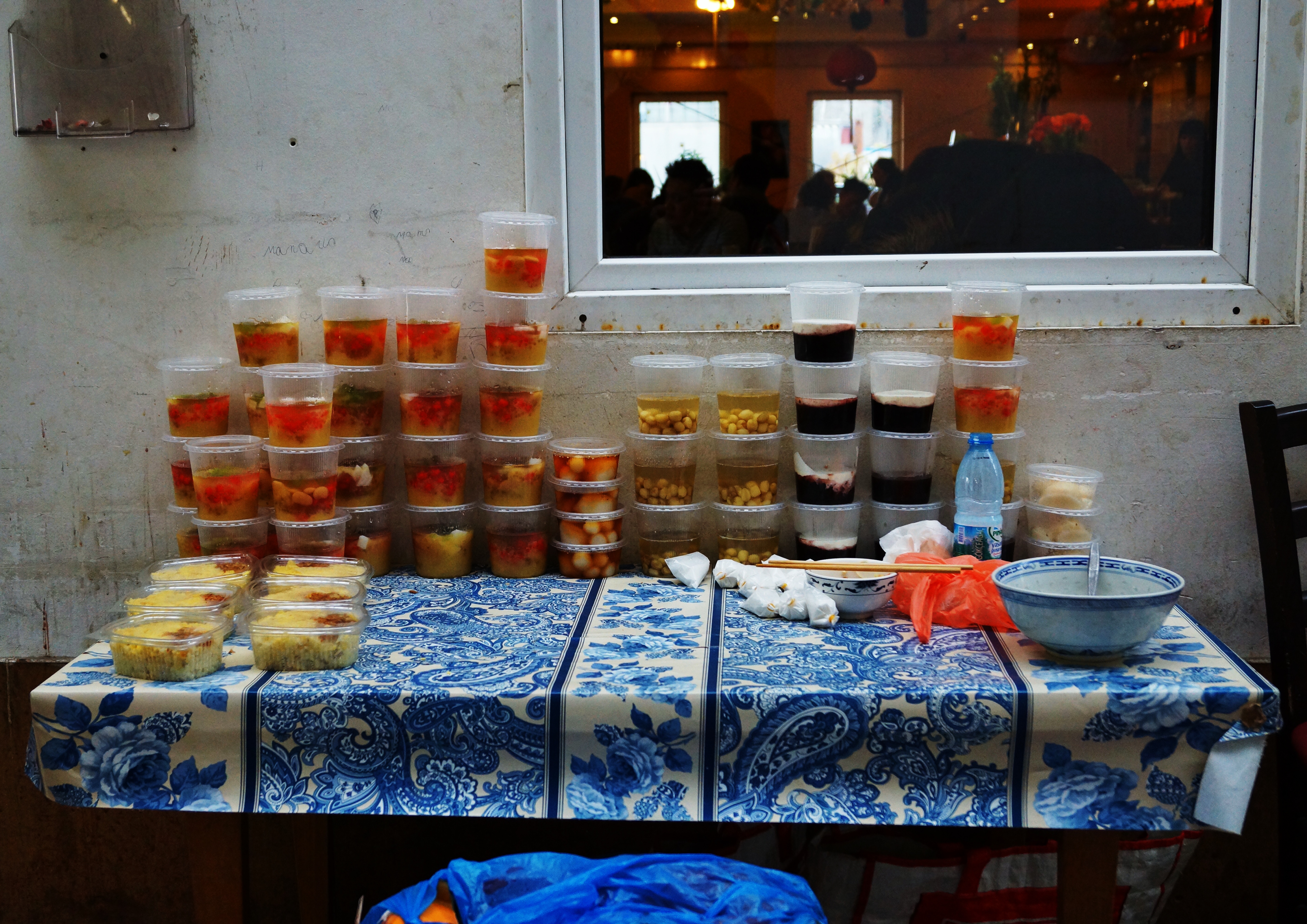Tag Archives: Germany

World Cup Fever: How malleable is German identity?
Germany’s World Cup victory has unleashed a new wave of patriotism, as well as a new identity crisis. This patriotism might only be as good as the boundaries it is ready and able to redefine. An act of flowing colors and neighbor-to-neighbor high-fives may have started a new understanding of who is allowed into the club, but policies and institutions need to take it one step further. Otherwise, patriotism is just as good as nationalism, which rules by way of exceptionalism. In the type of inclusive global society many of us would love to build, there is no room for exceptionalism…[Read more!]

Review: Berlin needs you (but why?)
Why is immigration important? The debate takes many angles. There’s the demographic argument, that developed countries with low birth rates and aging populations need bodies to maintain the replacement rate. There’s the globalization take, that the movement of people in all forms is increasingly inevitable and contributes to global competitiveness and 21st century skills. The moral or even religious spin, emphasizing human dignity, charity, an obligation for prosperous nations to help those more needy. But few arguments are as pervasive as the economic one…[Read more!]

Interview: the Klezmer Gentiles
International artists in Berlin occupy a semi-privileged position, able to ask critical questions of society without being publicly rebuked. An example of such an artist is Soliman Lawrence. Soli has been photographing the memorialization of Jewish culture in Poland for years, following the tracks of a new form of engagement with the past, as enacted by a more recent generation of Poles. In contrast to Poland, Germany now has its fair share of Jews. What might this mean for memory and its rituals?…[Read more!]

Integration in Berlin: Research for a Desolate Landscape
On April 2, the new Berlin Institute for Empirical Research on Integration and Migration (BIM) was launched. Certainly not the first institute of its kind in Germany, Berlin’s Humboldt University, the Hertie Foundation, the Federal Employment Agency, and the German Football Association held a press conference to frame this initiative as new and needed. The reason: the field – what is really known about the integration or inclusion of diversity – is more desert than rain-forest in this country of immigration…[Read more!]

Rave: Why Remembering the Holocaust is Good for Immigrants
In 2005, Germany officially became an immigration country with the establishment of its federal office for migration. The question – who are the Germans anyway? – has become increasingly important in deciding what to impart to these newcomers set to stay. Expats are good at constructing Germanness for the Germans themselves, often leaving out the Holocaust in such a description of ‘German identity’, however. Today’s Germany – an immigration country – is a republic built on tragic events like the Holocaust, just as France is a country built on colonialism. Everything has a context, and it is this context that immigrants to Germany should learn to understand for the sake of a more complete country – a civic society which respects differences and celebrates them…[Read more!]




